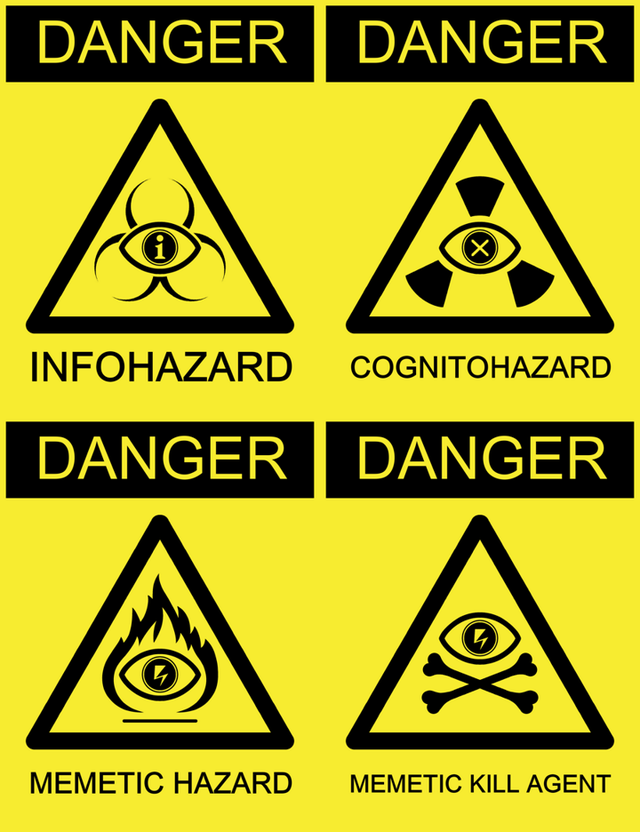mind-destroying ideas
22 Jul 2022 - 27 Oct 2025
- The notion that some ideas are so powerful that they are capable of destroying the ability to think. Marvin Minsky used the label for certain religious/philosophical ideas like "All is One", because thinking requires making distinctions. Any or religion or ideology might appear as a memetic hazard to unbelievers.
- Of course many people view Minsky's own ideas as mind-destroying. All those philosophers that could not accept a computational or mechanical model of the mind (see Acid Horizon/David Bentley Hart, We Are Not Software for a recent example).
- It's pretty clear that a lot of deployments of this concept are ideological – that is, ideas are labelled dangerous not because they literally destroy the mind, but they can radically alter it so that its goals are out of alignment with those of the mainstream culture. Every cult and religion seems like this from the outside. "All is one" might destroy your effectiveness as an AI researcher, but is perfectly fine for monks, mystics, artists, hippies, etc.
- If there are any truly fatal ideas, we probably don't see them, because their discoverers don't survive long enough to spread them. Like with infectious biological agents, too much virulence interferes with contagion.
- What this concept misses is like the most important thing – it is that we ourselves are agglomerations of ideas, or mental patterns if "idea" sounds too elevated. Meat computers running cultural programs.
- I note that I am, for reasons that are best left to my therapist, engaged in trying to cram as many mind-destroying ideas into my brain as my MIT-nerd foundational self will allow. That's why I'm obsessed with Weird Studies frankly. It's my mind and I'll destroy it if I feel like it, thanks.
Other examples
- Roko's Basilisk is a particularly baroque example.
- The Entertainment from Infinite Jest is a video that is so pleasurable that watching it once generates a fatal addiction.
- Monty Python's weaponized joke sketch
- The King in Yellow, a fictional play that invariably drives its readers mad (or more specifically, alters them so they now inhabit the alternate reality of Carcosa). Figures in a set of short stories by Robert Chambers (see Weird Studies/The King in Yellow )
Stray thoughts
- Why Care About Meme Hazards and Thoughts on How to Handle Them | Qualia Computing
In the future we hope to weave these heuristics into a more complete meme hazard policy for researchers and decision makers working at the cutting edge.
- Seems clueless in a characteristic Rationalist sort of way, in that it assumes that it is easy to tell when a meme is harmful, like that is a clear-cut issue. Obviously the real danger is from ideas that are attractive but harmful, and the whole point is that they are good at getting past simple defenses.
- What if destroying the mind is good actually?
- Zen koans are mind destroying ideas, or at least, mind-subverting. That is sort of what they are for, they give the mind something impossible to grasp in order to shut it down, which is kind of the goal, insofar as there is one.
- Huh you would think this would be a TVTrope but the closest is Brown Note - TV Tropes
